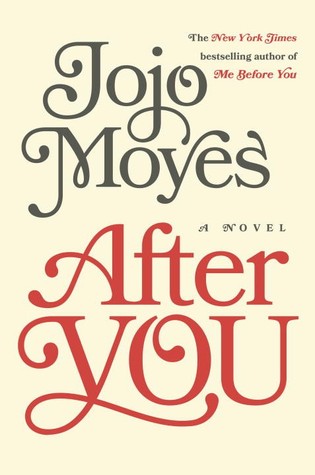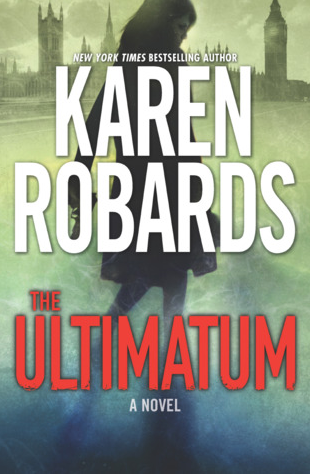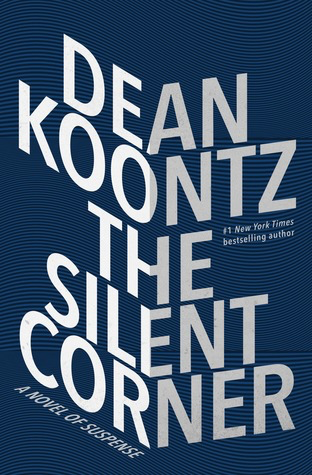I received this book for free from the library in exchange for an honest review. This does not affect my opinion of the book or the content of my review.
Source: the library
Chocolat
by
Joanne Harris
literature in Paperback edition that was published by Penguin on November 1, 2000 and has 306 pages.
Explore it on Goodreads or Amazon
Other books by this author which I have reviewed include Peaches for Father Francis, The Girl With No Shadow, Doctor Who: The Loneliness of the Long-Distance Time Traveller (Time Trips)
First in the Chocolat fiction series set in France and revolving around Vianne Rocher.
My Take
I hadn’t realized that the movie Chocolat was a Joanne Harris novel, and I was determined to read it. Then I learned that Peaches for Father Francis was third in the series. A whole series of which Chocolat was merely the beginning! Now circumstance has allowed me to start at the beginning with Chocolat. To learn how close the novel is to the film. To be able to progress on to the second in the series, The Girl with No Shadow and learn how Vianne and Anouk go from here to there.
Now that I’ve read Chocolat, I feel a need to watch the film, and read the book again. And I’m sure I’ll want to keep alternating forever and ever, for Joanne Harris is a brilliant writer. A must-buy writer with whom you’ll never go wrong. Harris pulls you in to the scent and feel of the story. Well, yes, chocolate will do that to you! But she makes me see Pantoufle and feel Anouk’s frustrations. I can see how very merry Vianne is, how determined she is to stay for once, how much she enjoys life. She is indeed a formidable foe for one who is so unChristian as the village priest. A man for whom pride is his most overweening sin, one he does not recognize. The bigotry and judgmental attitudes of the unhappy ones.
You can’t help but hate him and Caro, and yet Harris makes it’s easy to see how pogroms and inquisitions arose and chased out people who didn’t conform as she provides the words that help me to empathize with their viewpoint. It’s terrifying how people can interpret another’s actions so poorly and be so intent on destroying. All in the name of community! It’s lucky that the majority of the citizens of Lansquenet were on Vianne’s side.
Thinking about the villagers, I realize how everyday their lives were. Worries about the harvest, one’s health, love for family, envy, the lack of confidence and how it affects one’s outlook and views about others. It’s the familiar, the ordinary and when the expected is challenged by Vianne’s presence…oh, look out. Her cheeriness and unexpected behavior cause others to fear for themselves, to lash out. To want to destroy. It doesn’t matter who else it might hurt, as long as the one blowing life up can go back to his or her routine.
What is it with a priest who can condone a man beating his wife, but thinks she is so wicked because she leaves him? Why does Caroline want her mother to move into the local nursing home so badly?
It’s both today and the past as Vianne has a foot in both. She surges forward, living life today, but her doubts and worries pull her back to her memories of her mother.
It’s interesting that those who enjoyed people and life were the one who were happy while the others…ah, they were so very unhappy…
The Story
A single mother, a witch, and her child blow into the village one day with a desire to put down roots. To open a business. One that makes people happy. A major catastrophe for the village priest as he knows that she is of the devil with her tempting wares and questioning child.
A few see her as a challenge to their authority whether it’s within the church or in a family, and they are determined to force Vianne Rocher out.
The Characters
There are hints about Vianne Rocher. That she is magic, she is a witch, she is psychic, but nothing is ever confirmed. She’s a free spirit who loves life in all its fragrances. Anouk is her six-year-old daughter. Pantoufle is her not-completely-invisible rabbit friend.
Michel Roux is a river man who arrives on his barge, a man who used to be a builder in a past life. He and his friends — Zézette, Blanche, and Ahmed — are unwanted by some in the village. But not Armande, the sneak!
Joséphine Bonnet Muscat is married to Paul-Marie, the owner of the Café de la République, who beats her.
Father Francis Reynaud is the curé of the parish. Proud, too proud as can be seen in his embrace of the fasting for Lent. A man with a deep, dark secret.
Armande Voizin is an eighty-year-old woman with a love for life. Georges Clairmont is Caro’s husband. Caroline is Armande’s social-climbing daughter more interested in status than her mother. Luc is the grandson Armande is forbidden from seeing. Monsieur Cussonet is the doctor.
Narcisse owns a nursery. Joline Drou is a schoolteacher and Caro’s friend. Jeannot Drou is the son who befriends Anouk. Guillaume Duplessis is a retired schoolmaster who loves his dog, Charly. Monsieur Poitu runs the bakery. Other children include Lucie and Claudine.
Les Marauds is a region of narrow streets, a tiny slum near the river.
My Cover and Title
The cover of the book I read is quite sedate, much like the village of Lansquenet. A subdued red background with a simple square inset of the village square bordered by a white mat and three lines as a prim bit of decoration. The title is white against a dark blue background with an old-fashioned banner effect on the ends, and it too is decorated with the same three lines, only these are in the red of the background. It’s the assorted doilies backing the title and its banner and supporting the bottom of the covert that provide the subtle flair, much like Armande’s red petticoat.
The title is the metaphor, the theme, for it’s Chocolat that permeates the air, titillates the taste buds, and pleasures the eye, bringing us joy in our lives.












